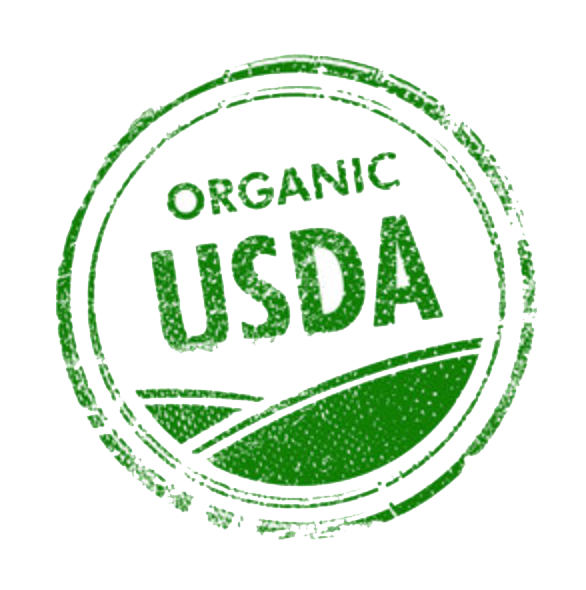
What is Coenzyme Q10: Discovery, Origins, and Applications
In the realm of health and nutrition, few substances have garnered as much attention and intrigue as Coenzyme Q10, often abbreviated as CoQ10. This remarkable compound plays a pivotal role in cellular energy production and has captured the interest of scientists and health enthusiasts alike.
Discovery and Origins
Coenzyme Q10 was first discovered in 1957 by Dr. Frederick Crane at the University of Wisconsin-Madison Enzyme Institute. Dr. Crane, a biochemist, identified this elusive compound while studying the electron transport chain in mitochondria, the powerhouses of our cells. Initially named ubiquinone due to its ubiquitous presence in living organisms, it later became known as Coenzyme Q10 or CoQ10.
Applications and Benefits
Beyond its role in cellular energy production, Coenzyme Q10 has garnered attention for its potential health benefits. It serves as a potent antioxidant, protecting cells from oxidative stress and free radicals that can damage cellular structures and DNA. Research suggests that CoQ10 supplementation may support heart health by improving endothelial function and reducing oxidative stress in the cardiovascular system.
Moreover, CoQ10 is involved in maintaining healthy skin, as it supports the body's natural antioxidant defenses against environmental stressors like UV radiation. Some studies also indicate potential benefits for neurological health, though further research is needed to fully understand its implications.

Practical Uses
Today, Coenzyme Q10 is commonly used as a dietary supplement to support overall health and well-being. It is available in various forms, including capsules, softgels, and chewable tablets. The recommended dosage varies depending on individual health needs and reasons for supplementation.
Additionally, CoQ10 is utilized in topical skincare products for its antioxidant properties, helping to combat signs of aging and promote skin vitality.
As people age, their body's natural ability to synthesize Coenzyme Q10 gradually declines. Coenzyme Q10, a crucial factor in cellular energy metabolism, is vital for maintaining heart health, promoting antioxidation, and enhancing physical performance. In youth, the body efficiently produces this essential nutrient, but as years pass and physiological functions deteriorate, the synthesis efficiency significantly decreases. Therefore, middle-aged and elderly individuals need to pay particular attention to supplementing Coenzyme Q10 to compensate for the insufficient natural synthesis, thereby maintaining the normal functioning and health of their bodies.
The primary means of consuming Coenzyme Q10 (CoQ10) can be approached in two primary ways.
Firstly, and most directly, supplementation in the form of CoQ10 tablets, capsules, or softgels is a convenient and efficient method to ensure adequate intake.
However, incorporating CoQ10-rich foods into one's daily diet is also a viable and natural approach.
Food Sources Rich in CoQ10:
- Animal Products: Red meat, such as beef and pork, are notable sources of CoQ10. Poultry, including chicken and turkey, also contribute to dietary CoQ10 intake.
- Fish and Seafood: Certain types of fish, like mackerel, herring, and tuna, are rich in CoQ10, making them valuable additions to a fertility-supportive diet.
- Organ Meats: While not consumed as frequently, organ meats like liver and heart are among the most concentrated sources of CoQ10.
- Certain Vegetable Oils: Virgin olive oil and sesame oil, for example, contain small but measurable amounts of CoQ10. Consuming these oils in moderation as part of a balanced diet can contribute to overall CoQ10 intake.
- Soy Products: Foods made from soybeans, such as tofu and some soybean-based spreads, may contain trace amounts of CoQ10, albeit in lower concentrations than animal sources.
- Whole Grains and Nuts: While not as rich in CoQ10 as animal products, some whole grains like brown rice and nuts like walnuts and pistachios can contribute modestly to your daily intake.
- Fruits and Vegetables: Although fruits and vegetables generally contain lower levels of CoQ10, some like spinach, broccoli, and peanuts may offer small amounts. Incorporating these into a varied diet supports overall health, including reproductive wellness.
By combining supplementation with a diet rich in natural CoQ10 sources, individuals can effectively support their fertility goals and promote overall well-being. It's important to remember that while dietary intake is beneficial, consulting with a healthcare professional about individual needs and appropriate supplementation levels is always advisable.






Leave a comment
This site is protected by hCaptcha and the hCaptcha Privacy Policy and Terms of Service apply.